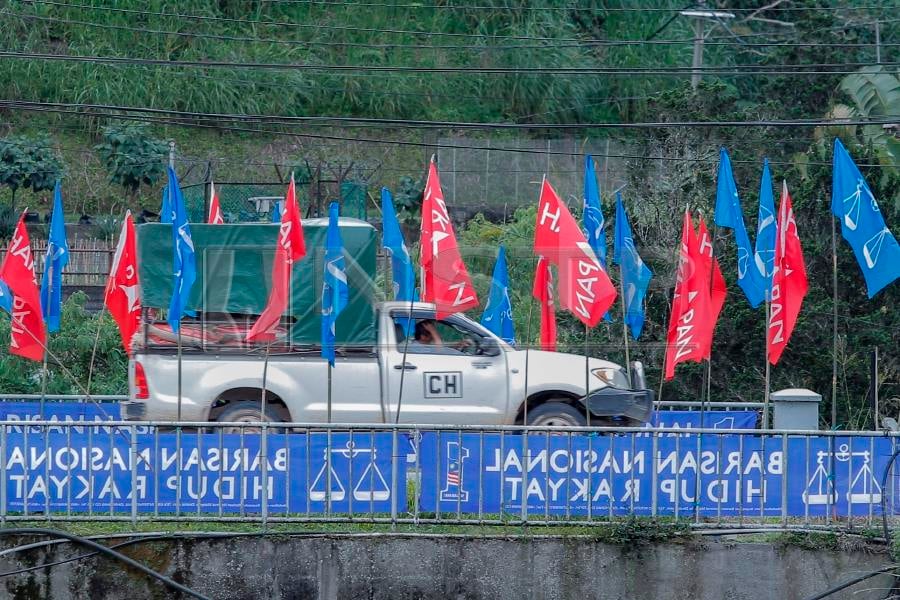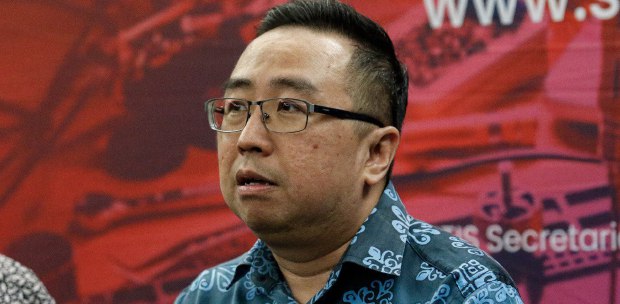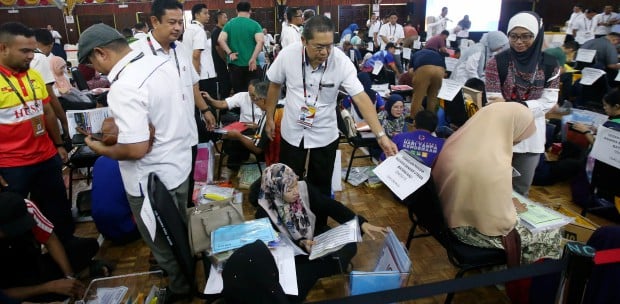TANAH RATA: All signs appear to indicate that the number of voters returning to Cameron Highlands to vote in the by-election will be low, given that polling day (Jan 26) falls a mere 10 days before Chinese New Year.
This, analysts believe, will most likely hit Pakatan Harapan (PH) the most.
Political analyst Khairul Ariffin Mohd Munir, who is also general manager of think-tank Institut Darul Ehsan (IDE), said the magnitude of this will impact PH, as 20 per cent of the registered voters in Cameron Highlands live outside the constituency.
He said PH, in particular DAP, is dependent on the Chinese voters to back the pact, whether in a by-election or general election.
“Broadly speaking, the main factor behind PH’s electoral successes have been due to the large-scale support from Chinese voters. In Cameron Highlands, the Chinese voters make up 30 per cent of the registered voters in the constituency.
“The issue here now is how will the (respective parties) election machinery convince outside voters to return and cast their ballots. Voters have to deal with the issue of increased traveling cost. They would have to return to their hometown twice within a span of 10 days.
“Barisan Nasional is unlikely to be as badly affected as their main support comes from the Malay and Orang Asli as well as partly from the Indian community, who had contributed to their victory in the past polls,” he told the NSTP.
Khairul Ariffin said outside voters residing along the nearby borders of Perak and Kelantan may not find it difficult to exercise their responsibility and would likely return to cast their votes.
“The question is, will registered voters living in Kuala Lumpur, Johor Bahru and Kuala Lumpur return to vote this time around?
“It all depends on the respective political parties and their candidates to utilise the campaign medium allowed by the Election Commission to convince outside voters to return home to vote,” he said.
He said studies conducted by IDE on recent by-elections, including Port Dickson, Balakong and Seri Setia, suggested that there had been an attitude shift among young Chinese voters since the 14th general election. These voters, he said, appear to have grown comfortable with the current political atmosphere.
“This feel good factor generally means they see no urgency in them having to return home to vote as the government has changed hands; whether they vote or not, there would be no change in government.
“This is likely to affect the turnout of young voters or those returning home. This, in turn, would affect the overall turnout of voters in the by-election,” he said, adding that this is something that needs to be tackled by the respective parties and candidates, who should not treat it lightly.
Polling for the Cameron Highlands by-election is on Saturday, Jan 26, with early voting set for Jan 22.
There are a total of 32,009 registered voters, including 247 early voters and 12 absentee voters. There are also 385 disabled voters.
The constituency electorate breakdown are Malays with 33.5 per cent, Chinese at 29.48 per cent; Indians at 14.91 per cent; Orang Asli at 21.56 per cent; Bumiputera Sabah at 0.12 per cent; Bumiputera Sarawak at 0.06 per cent; and others at 0.37 per cent.





